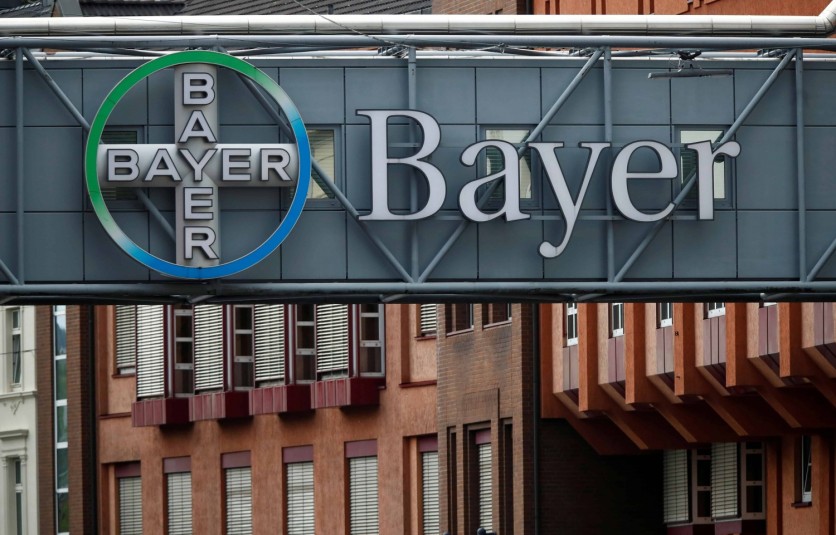The U.S. Food and Drug Administration (FDA) warns the public about significant risks of chloroquine as the country received a hefty donation of pills from Bayer AG.

In an exchange of emails among federal health officials obtained by Reuters, Keagan Lenihan, FDA's chief of staff, warned that "3-4 days" of testing would be needed.
"Potentially serious issues with [the] product, so let's be careful when we take that win," she said.
Bayer has donated three million drugs, called as Resochin, to the U.S. nationwide stockpile for treatment of COVID-19. The United States approved the use of chloroquine on an emergency basis after a brief duration of clinical tests.
Unauthorized?
Three United States government officials familiar with the matter told Reuters that there might be motives to be worried about the quality of Resochin and its makers in India and Pakistan.
Sources who spoke on condition of anonymity told Reuters that the FDA dropped its quality requirements despite waiving a few rules in an emergency due to the limited supply of chloroquine tablets.
Chloroquine capsules, according to Forbes, have been authorized by the FDA as antimalarial medicines. The authorization procedure required plant inspections, FDA said.
According to three government officials, the plants that make Resochin ingredients in India and Pakistan have not been registered with or inspected by the FDA. The factory's legal documents had not been registered in FDA's online database, officials added
Responding to questions from Reuters about Resochin, FDA spokesman Michael Felberbaum said they "sampled and examined the donated pills to evaluate acceptability for importation." He added the medicine failed to meet appropriate requirements.
The three U.S. sources who spoke with Reuters, as well as an independent expert, said spot-testing isn't always enough to ensure a drug's protection and effectiveness. They added plant inspections usually executed by using the FDA are essential to making sure overall quality.
'Gross Failure'
Pakistani regulators, who inspected Bayer's Resochin plant in Karachi in 2015, saw a "gross failure" in manufacturing procedures there, the Drugs Regulatory Authority of Pakistan told Reuters.
Although the FDA has not screened the Indore, India, plant that substances components for Resochin, the U.S. organization inspected other Indian plants run by the same Indian supplier. The officials discovered critical deficiencies, which include the falsification of inspection documents from 2014 through 2019.
According to inspection files obtained by Reuters, Bayer Pakistan Private Ltd. in Pakistan was cited by the country's regulators in 2015 for making Resochin that was lower in potency than labeled.
Officials blamed the trouble on a "gross failure" of producing operations, bringing up improperly calibrated machines, poorly trained workers, and inadequate staffing.
In 2016, the FDA issued a warning to Ipca concerning three of its plants in India that make chloroquine ingredients and made tablets for companies apart from Bayer. The plants did not include making the active ingredient for Bayer's Resochin. Nonetheless, the U.S. government resources said, Ipca's troubled records calls into query its preferred practices.
The FDA also discovered the company was deleting, manipulating, and fabricating laboratory data, Reuters reported.
In 2017, the agency restricted tablets and ingredients from those three plants from getting into the U.S. Market. In August 2019, the FDA accused one of the Ipca plants of a "cascade of failure" for not properly keeping its essential data, business enterprise statistics show.
Ipca did not respond to questions from Reuters about its track report with the FDA.

![Apple Watch Series 10 [GPS 42mm]](https://d.techtimes.com/en/full/453899/apple-watch-series-10-gps-42mm.jpg?w=184&h=103&f=9fb3c2ea2db928c663d1d2eadbcb3e52)


